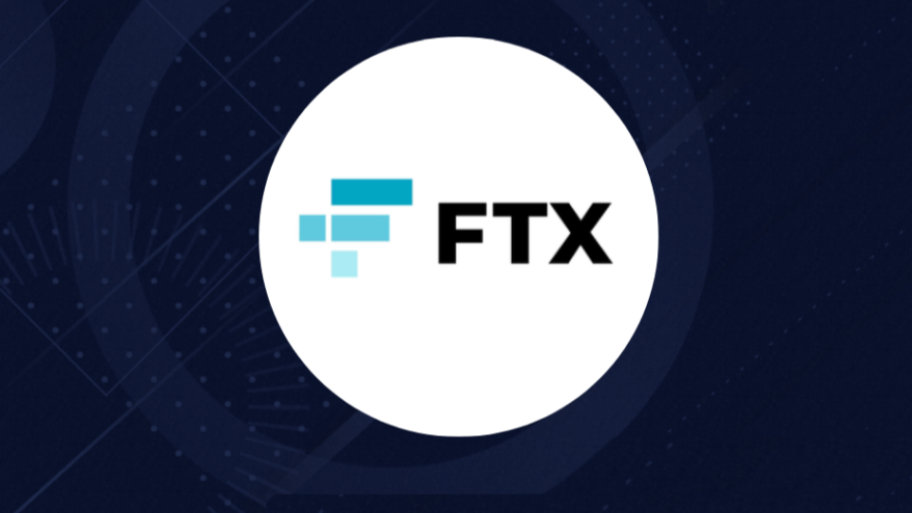The US Commodity Futures Trading Commission (CFTC) has announced that bankrupt cryptocurrency exchange FTX has been ordered to pay $12.7 billion in monetary relief to customers affected by its massive fraudulent scheme.
The judgement, issued by the US District Court for the Southern District of New York, marks the largest such recovery in CFTC history.
Under the consent order, FTX must pay $8.7 billion in restitution and $4 billion in disgorgement to compensate victims for losses suffered due to the fraud orchestrated by Sam Bankman-Fried, the now-defunct FTX group of companies, and a core group of FTX insiders.
The court found that FTX violated the Commodity Exchange Act and CFTC regulations by making material misrepresentations and omissions to customers. FTX had touted itself as "the safest and easiest way to buy and sell crypto" and claimed to segregate customer assets from its own. In reality, customer funds were commingled and misappropriated.
CFTC chairman Rostin Behnam criticised FTX for using "age-old tactics to create an illusion that it was a safe and secure place to access crypto markets" while lacking basic regulatory safeguards. He warned that without proper digital asset legislation, entities will continue to "operate in the shadows without these basic tools of sound regulation, sharpening their deceptive practices and continuing to dupe customers."
The order imposes injunctions against further violations and trading and registration prohibitions. It also requires FTX and its trading firm Alameda Research to cooperate with the CFTC's ongoing litigation against individual defendants, including Bankman-Fried.
In a related settlement approved by the Bankruptcy Court for the District of Delaware, the CFTC agreed not to seek a civil monetary penalty against FTX and to subordinate its monetary claims to those of fraud victims. Payments towards FTX's disgorgement obligation will be used to further compensate victims through a supplemental remission fund, subject to approval in bankruptcy proceedings.
Ian McGinley, director of the CFTC's Division of Enforcement, highlighted the speed of the recovery, noting that FTX's fraud collapsed just 21 months ago. He commended the agency's Chicago-based team for their "tireless efforts on behalf of FTX's victims."
The case stems from a CFTC complaint filed in December 2022 against Bankman-Fried and FTX, later amended to include former FTX executives Caroline Ellison and Zixiao "Gary" Wang. Bankman-Fried was sentenced to 25 years in prison in March for stealing $8 billion from customers, though he has appealed the conviction.
FTX's bankruptcy plan aims to repay customers based on cryptocurrency prices from November 2022, when the exchange collapsed. However, some customers oppose this approach, feeling short-changed due to the much lower crypto prices at that time. Votes on the bankruptcy proposal are due by 16 August, with FTX seeking final approval of its wind-down plan on 7 October.
As the crypto industry continues to lobby against regulations, CFTC chairman Behnam vowed to keep working to uncover schemes and prevent future incidents like FTX. He described the case as "just the tip of the iceberg" in the absence of comprehensive digital asset legislation to fill regulatory gaps.
Latest News
-
Gemini to cut quarter of workforce and exit UK, EU and Australia as crypto slump forces retrenchment
-
Bank ABC’s mobile-only ila bank migrates to core banking platform
-
Visa launches platform to accelerate small business growth in US
-
NatWest to expand Accelerator programme to 50,000 members in 2026
-
BBVA joins European stablecoin coalition
-
eToro partners with Amundi to launch equity portfolio with exposure to ‘megatrends’
Creating value together: Strategic partnerships in the age of GCCs
As Global Capability Centres reshape the financial services landscape, one question stands out: how do leading banks balance in-house innovation with strategic partnerships to drive real transformation?
Data trust in the AI era: Building customer confidence through responsible banking
In the second episode of FStech’s three-part video podcast series sponsored by HCLTech, Sudip Lahiri, Executive Vice President & Head of Financial Services for Europe & UKI at HCLTech examines the critical relationship between data trust, transparency, and responsible AI implementation in financial services.
Banking's GenAI evolution: Beyond the hype, building the future
In the first episode of a three-part video podcast series sponsored by HCLTech, Sudip Lahiri, Executive Vice President & Head of Financial Services for Europe & UKI at HCLTech explores how financial institutions can navigate the transformative potential of Generative AI while building lasting foundations for innovation.
Beyond compliance: Building unshakeable operational resilience in financial services
In today's rapidly evolving financial landscape, operational resilience has become a critical focus for institutions worldwide. As regulatory requirements grow more complex and cyber threats, particularly ransomware, become increasingly sophisticated, financial services providers must adapt and strengthen their defences. The intersection of compliance, technology, and security presents both challenges and opportunities.
© 2019 Perspective Publishing Privacy & Cookies




.jpg)








Recent Stories